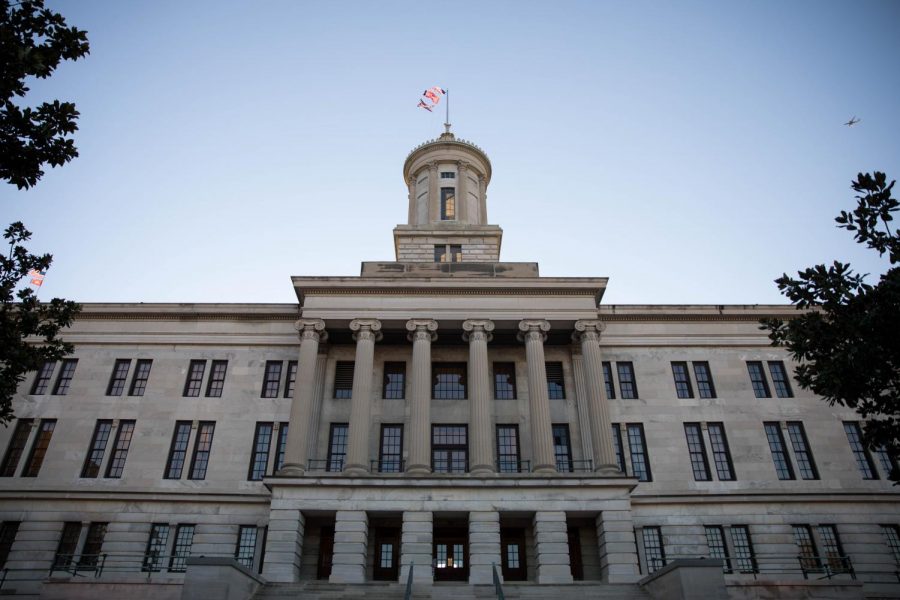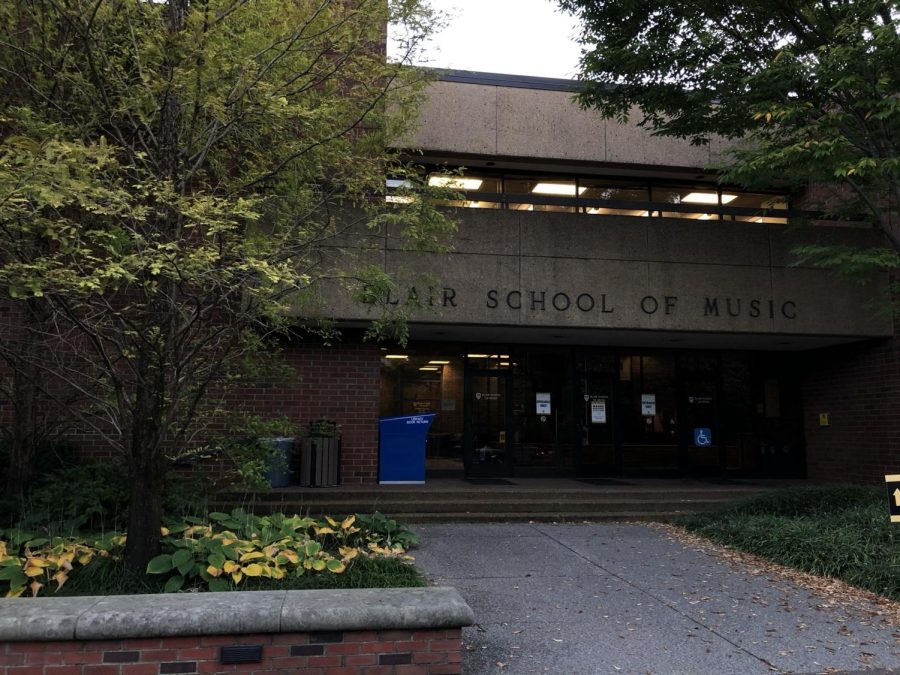On Sept. 17, the Tennessee legislature proposed a bill that would change the healthcare system of nearly 1.4 million enrollees of TennCare, the state’s health insurance program for low-income individuals. The major change within the plan is to transform TennCare from its current match grant structure into what Gov. Lee calls a “modified block grant” system. The calculated amount of this block grant is around 7.9 billion dollars, with added provisions for increased enrollment, inflation and recessions. This amount is similar to the current TennCare funding, which averages between 7.5 and 8 billion dollars.
More than half of the babies born in Tennessee are born under TennCare. Furthermore, TennCare provides Medicaid to low-income individuals across the state. With that being said, TennCare takes up more than 30 percent of the state’s budget; however, the federal government currently foots two-thirds of the cost of Medicaid in Tennessee.
“Advocates argue that per capita caps would give states more flexibility while providing financial support for the health care needs of low-income populations and ending dysfunction in the program. Critics warn that caps would pass costs and uncertainty on to state budgets and lead to large cuts affecting low-income beneficiaries and the health care providers and plans that serve them,” Vanderbilt professors of Economics Andrew Goodman-Bacon and of Health Policy Sayeh Nikpay wrote in a 2017 article in the New England Journal of Medicine.
In converting the funding scheme to a block grant, Governor Bill Lee claims that the plan would give Tennessee more power and allow the state to spend less on Medicaid. Furthermore, in the proposed system, the block grant money left at the end of the year will be split 50-50 between the federal government and Tenncare. This split is still being negotiated.
Gov. Lee believes that the control and flexibility this proposal gives Tennessee would allow the system to run more efficiently. He also stated that the bill has provisions for increased enrollment, inflation, and recession, which he said serve as sufficient safeguards against such occurrences.
Michele Johnson, Executive Director of healthcare advocacy nonprofit The Tennessee Justice Center, is skeptical of the Governor’s assurances and calls the block grant proposal “Medicaid shrinkage.” Furthermore, in the debate of flexibility, Johnson argues that there is nothing that cannot be done through the current financial structure.
“Medicaid is a vital part of the healthcare infrastructure,” Johnson said. “[This proposal] is treating our most vulnerable citizens like guinea pigs.”
The most significant question posed by this proposal is its legality. Section 1115 of the Social Securities Act allows the federal Centers for Medicare and Medicaid Services (CMS) to waive financial restrictions with regards to experimental projects, such as the block grant proposal, as long as they are “likely to assist in promoting Medicaid’s objectives.” Programs that aim to advance and expand Medicaid are granted permission by the CMS to be tried within states. With that said, states are barred from changing or manipulating the match grant structure of Medicaid laid out in Section 1903 of the Social Securities Act, which is exactly what this bill is proposing to do.
Therefore, this proposal will be hard-pressed to receive a waiver from CMS. In fact, no state has been granted permission by CMS thus far to switch solely to block grants. However, Gov. Lee argues that Tennessee’s fiscally responsible past with Medicaid will aid in securing a deal. Alternately, healthcare advocates argue that Tennessee’s past of cutting Medicaid will result in Tennesseans losing healthcare coverage as a result of this bill.
Tennessee is just one of many states entertaining a financial overhaul of the current Medicaid system. In fact, both Texas and Alaska have commissioned recent block grant studies. Additionally, Utah filed for a CMS waiver earlier this year in hopes of implementing per capita spending caps on Medicaid. With that said, Tennessee’s proposal will set a national precedent regarding the financial structure of Medicaid.
The proposal will be in a public comment period until Oct. 18, with three different hearings on the topic in Nashville, Knoxville and Jackson. The governor is required to submit his waiver proposal to CMS by Nov. 20, after which the federal and state governments will begin negotiations on the logistics of the legislation. The federal government would then hold a public comment period for feedback. Eventually, the Tennessee General Assembly would vote on the proposal.
The first public hearing took place in Nashville on Oct. 1. More than 150 citizens gathered to voice their opinions on the block grant proposal, with the overwhelming majority voicing concerns over whether the bill will reduce Medicaid coverage. Upon receiving this backlash from constituents, Gov. Lee added two more hearings within the state, one in Memphis and the other in Chattanooga.
VUMC declined to comment on the issue. Academic medical centers like VUMC tend to have a greater proportion of federally-insured patients than other hospitals, as half of VUMC’s patients have federal insurance. VUMC patients covered by Medicaid could potentially be affected by the block grant bill.









